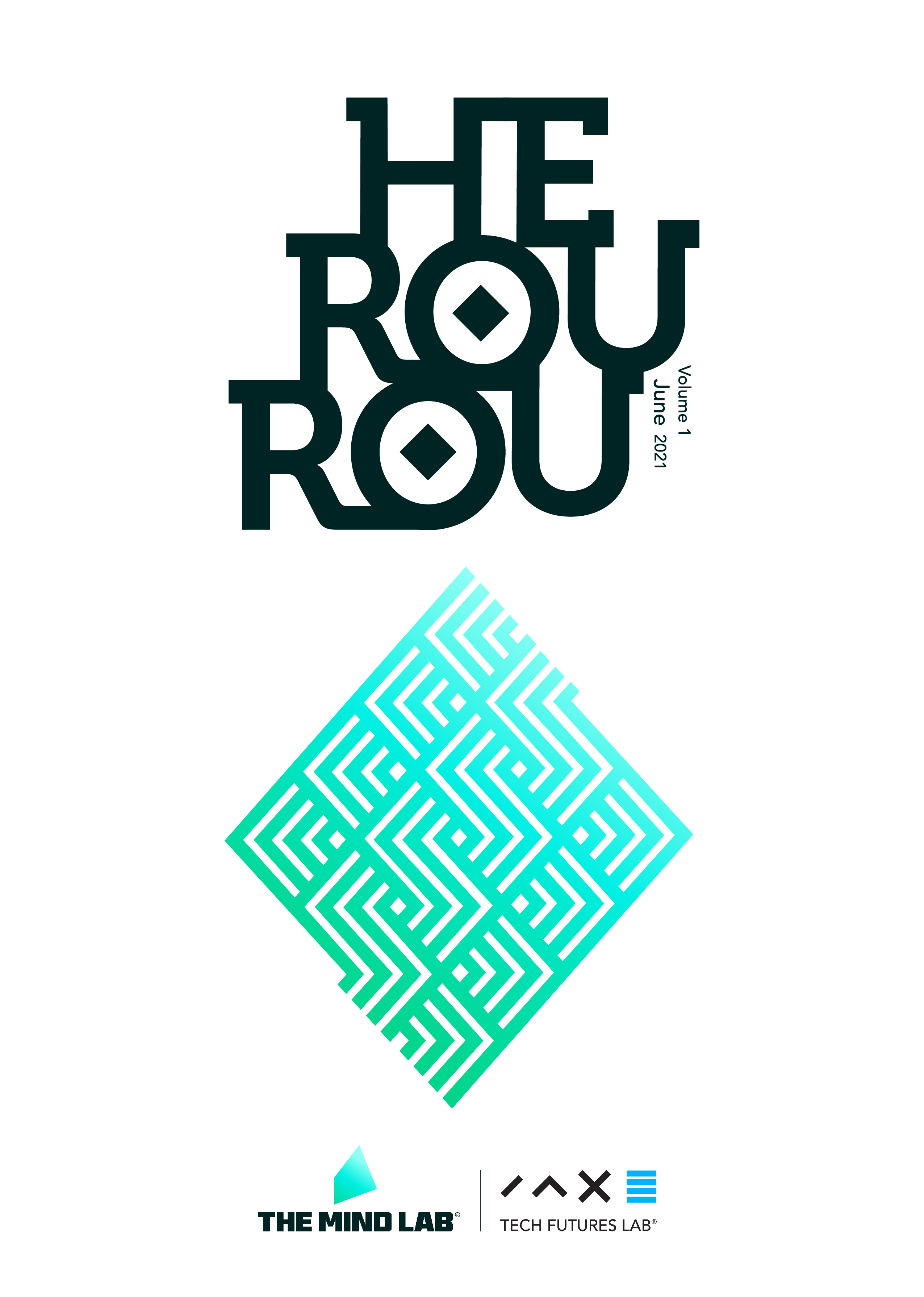Begin Where You are Standing: Developing a Critical Pedagogy of Place in a Bicultural Senior English Class in Te Tai Tokerau
DOI:
https://doi.org/10.54474/herourou.1.1.2920216Keywords:
Critical Pedagogy, Māori, Place-Based LearningAbstract
This project employed an iterative research approach to examine the effects of a critical pedagogy of place (Milne, 2016; Gordon, 2018; Gruenewald, 2013; Penetito, 2018) on Pākehā learners in a Level 1 English class in Northland, New Zealand. The project tracked Pākehā learners’ engagement and achievement outcomes and examined if there were notable shifts in their perspectives about Māori inequality in Northland as a result of the project.
The project results showed that a critical pedagogy of place was initially confronting for Pākehā learners, and participants displayed low engagement in the project’s early stages. However, by the end of the project, Pākehā learners began to articulate more nuanced and constructive understandings of the effects of the Northern wars, colonisation, institutional discrimination, and inequality faced by Māori. A marked increase in engagement was evidenced, and final assessment results in the standard were notability high.
A critical pedagogy of place, in this sense, was ‘consciousness-raising.’ Participants’ formal writing outputs, as well as small group interviews at the project’s conclusion, showed increased empathy to Māori concerns within their communities. These positive outcomes depict how schools can legitimise and offer safe spaces to analyse challenging aspects of New Zealand’s past and present.
Downloads
Published
How to Cite
Issue
Section
License
Copyright (c) 2022 He Rourou

This work is licensed under a Creative Commons Attribution-NonCommercial-ShareAlike 4.0 International License.





